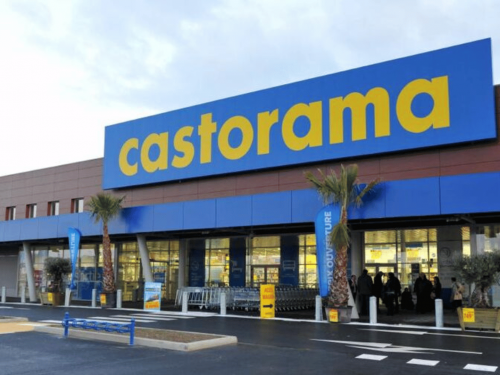The amount of aid and the ceilings it can reach (raised to 4, 50 and 150 million euros) vary according to the company’s situation.
The companies concerned are large energy consumers that have experienced an increase in the cost of supplying natural gas, electricity, heat or cold produced from natural gas or electricity between March 2022 and December 2023 and whose activity is particularly affected. In concrete terms, their energy expenses must be equivalent to at least 3% of their turnover in 2021, and their bill must have risen by more than 50% compared to that year.
Why is help with soaring prices important for companies?
Businesses are paying for the surge in energy prices between July and October 2022, the period during which professionals were renegotiating their annual contracts with their suppliers. From January onwards, businesses will have to face heavy increases in their bills and in this context, the aid granted to businesses is essential and its extension until December 2023 is good news.
Electricity prices on the spot market are much lower than those we experienced at the end of 2022, while paradoxically, companies find themselves at the beginning of the year with a much higher bill that does not reflect the current price of energy. This situation penalizes the companies by increasing considerably their operating expenses and posing for some a risk of deficit and worse for some.
A situation that can be avoided.
Without the aid and the progressive rebalancing of our production capacities, many industries would have closed or relocated to avoid the galloping inflation of energy prices in France. The measures announced by the state are therefore decisive in the management of this crisis and to ensure the maintenance of many activities on our territory.
Is this aid sufficient and fair?
Nevertheless, it is possible that the conditions for obtaining this aid will exclude a large number of companies which, due to the threshold effect, risk losing a lot of money. The question of company size creates a sometimes unfair system for benefiting from a regulated tariff, which makes it possible to allocate aid unfairly, even though the energy needs and expenses are the same.
Shouldn’t these subsidies eventually disappear?
The fact that the aids are not automatic and that there are steps to follow and conditions of attribution remains realistic because it is fundamental that everyone becomes aware of the cost of energy. As we have seen, when we make an effort and companies and individuals work together, it is possible to generate energy savings. According to RTE, our collective efforts have paid off in the last months of 2022 (about 9% savings in a few weeks) and this, without making investments, only by changing our uses. What is regrettable is that once again we had to react to the financial risk and not to the common good and environmental issues.
Nevertheless the permanent aids are a risk that could create bad habits. Energy has a cost but above all an impact on the environment and it is on this level that we must change our habits. We have to get used to having to pay higher energy prices and, in the end, the subsidies will have to give way to investments turned towards less polluting uses and quickly less subsidize CO2 emitting energies which have an economic blow and an ecological impact which is no longer acceptable.




